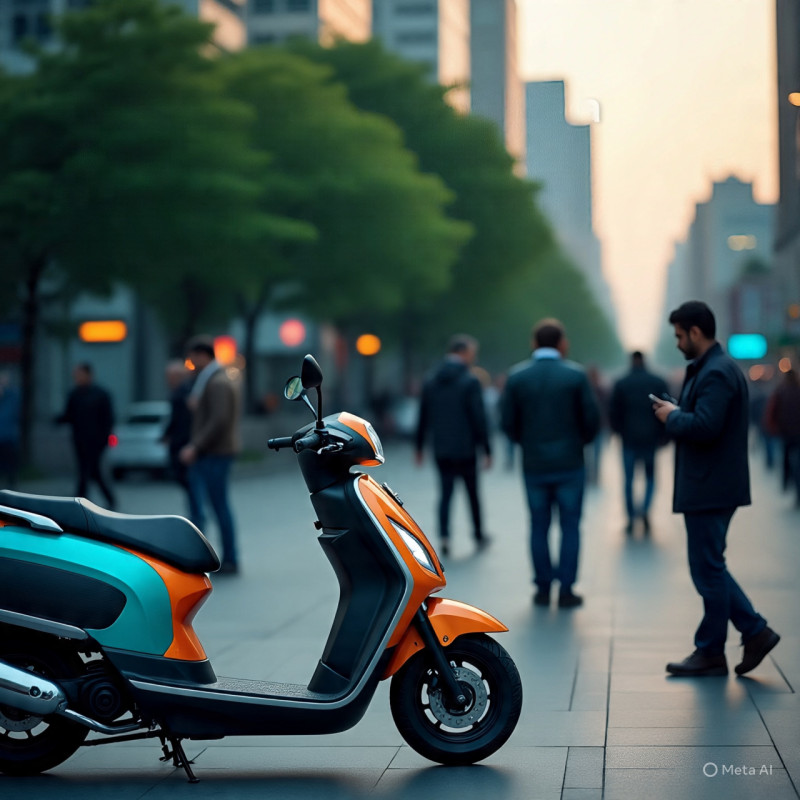Why EVs Are Suddenly All the Buzz
As petrol and diesel prices keep climbing, India's auto market is witnessing a record-breaking surge in electric vehicle sales. From sleek e-scooters in cities to affordable electric cars in small towns, consumers are embracing cleaner, cheaper alternatives. Lower running costs, subsidies, and a growing charging infrastructure are fueling a genuine EV revolution.
EV Sales Are Hitting New Highs
-
E‑two‑wheelers now make up approximately 45% of scooter sales in metro cities.
-
Sales of affordable EV cars such as Tata’s Punch EV and MG Mango have doubled year-over-year.
-
Even luxury brands like Mercedes-Benz are expanding their EV lineups to capture interest from eco-conscious buyers.
What’s Driving This Shift?
1. Soaring Fuel Prices
With petrol prices hovering over ₹120/litre and diesel near ₹110, EV running costs (about ₹1–2 per km) offer massive savings over time.
2. Attractive Incentives
Under the FAME II Scheme, buyers benefit from interest-rate subsidies and purchase incentives—making EVs financially compelling for those looking long-term.
3. Charging Infrastructure Boom
Rapid expansion of public charging stations in cities like Delhi, Bengaluru, and Pune is easing range anxiety. Businesses and housing societies are adding fast-charging points to meet the growing demand.
4. Environmental Awareness
With pollution concerns in cities like Delhi and Kanpur, consumers are increasingly drawn to EVs as a way to cut carbon emissions and contribute to local air-quality improvements.
Challenges Still Ahead
-
Charging gaps: Long highway routes between towns still lack sufficient charging stations.
-
Grid capacity: Without smart upgrades, rapid EV adoption could strain local power systems.
-
Battery concerns: High replacement costs and limited recycling options remain barriers.
-
Resale value: Second-hand EV markets are still in early stages, affecting long-term investments.
What’s Next for EVs in India?
-
Green licensing: EV-only registration lanes at showrooms and ports to speed up deliveries.
-
Swappable batteries: Pilot schemes in states like Haryana propose swappable batteries for last-mile scooters.
-
Rural electrification push: E-rickshaws and farm EVs are now pilot-tested in villages across Maharashtra and West Bengal.
-
Global investments: China and Europe’s top EV firms are eyeing Indian EV startups for acquisition and local partnerships.
India’s electric vehicle movement isn’t a passing fad—it’s a structural shift. As consumers rethink commuting economics, and policymakers back cleaner energy, EVs are racing toward a mainstream future. For buyers, that means both immediate savings and long-term investments in a greener tomorrow.
Let NewsBuddy keep you plugged in—whether you’re thinking of buying, charging, or investing in EVs.



